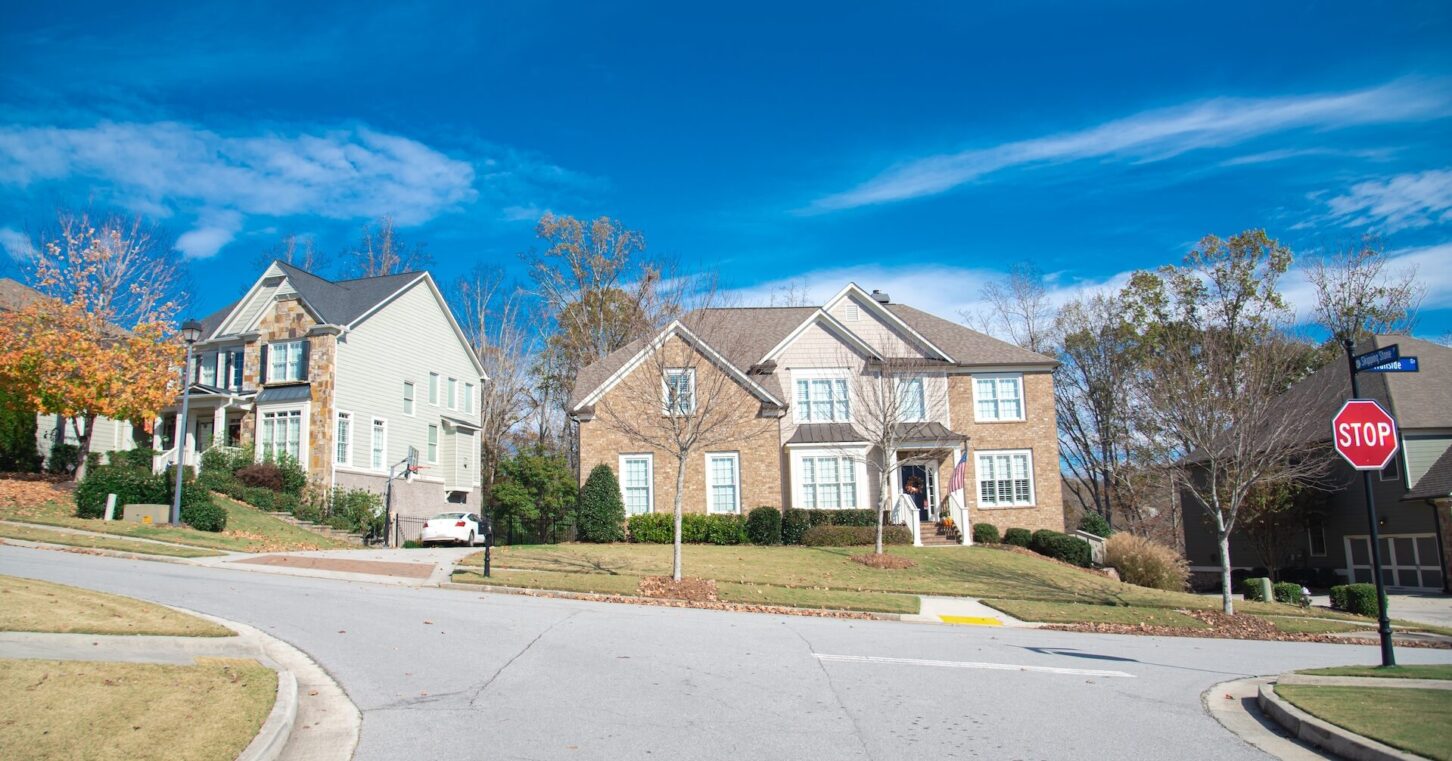
This truly seemed like one of those legislative sessions when everything was aligned for meaningful property tax reform.
An election year.
Actual, honest-to-goodness constituents contacted their legislators – not just the special interests that patrol the Gold Dome – seeking relief from soaring property value assessments.
And while the House and Senate may not have been in lockstep on their approach to solving the problem, both chambers were publicly committed to providing a solution, and hope remained that an agreement could be reached before adjournment.
Entering the final week of the session, property tax reform still remained on the agenda. Meanwhile, other tax cuts such as lowering the personal income and corporate tax rates had already been sent to the Governor’s desk.
The Senate favored a statewide cap on increasing property value assessments by no more than three percent annually; the House sought to double the homestead exemption from $2,000 to $4,000.
Both were fairly straightforward concepts – even though observers differed on the effectiveness of each approach – so why is it so hard trying to explain the legislative package that ultimately passed?
One bill does increase the statewide homestead exemption to $4,000, though it underwent several changes throughout the legislative process. This included being raised at one point to $10,000 – a proposal which remains in one section of the bill that calls for a statewide referendum in November on whether the homestead exemption should be raised to $10,000.
As was pointed out during committee debate, some local governments already provide a higher homestead exemption than this proposal.
Another bill does cap property value assessments, but the final version limits the increase based on the inflation rate rather than any type of percentage constraint as originally proposed. In addition, it allows local governments the option to utilize a 1-cent sales tax to offset lost revenue from lower property taxes.
Some local governments already have an inflationary cap in place, while some already have local sales taxes in place to offset the property tax burden. Time will tell whether these measures provide the type of statewide property tax relief that Georgians sought.
In the meantime, it feels like something of a missed opportunity. Most consternation that arises from property taxes comes from the uncertainty and lack of knowledge over how the final tax burden is calculated. While the ultimate outcome for this reform may turn out to be positive, this approach definitely won’t fit neatly on a bumper sticker.